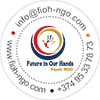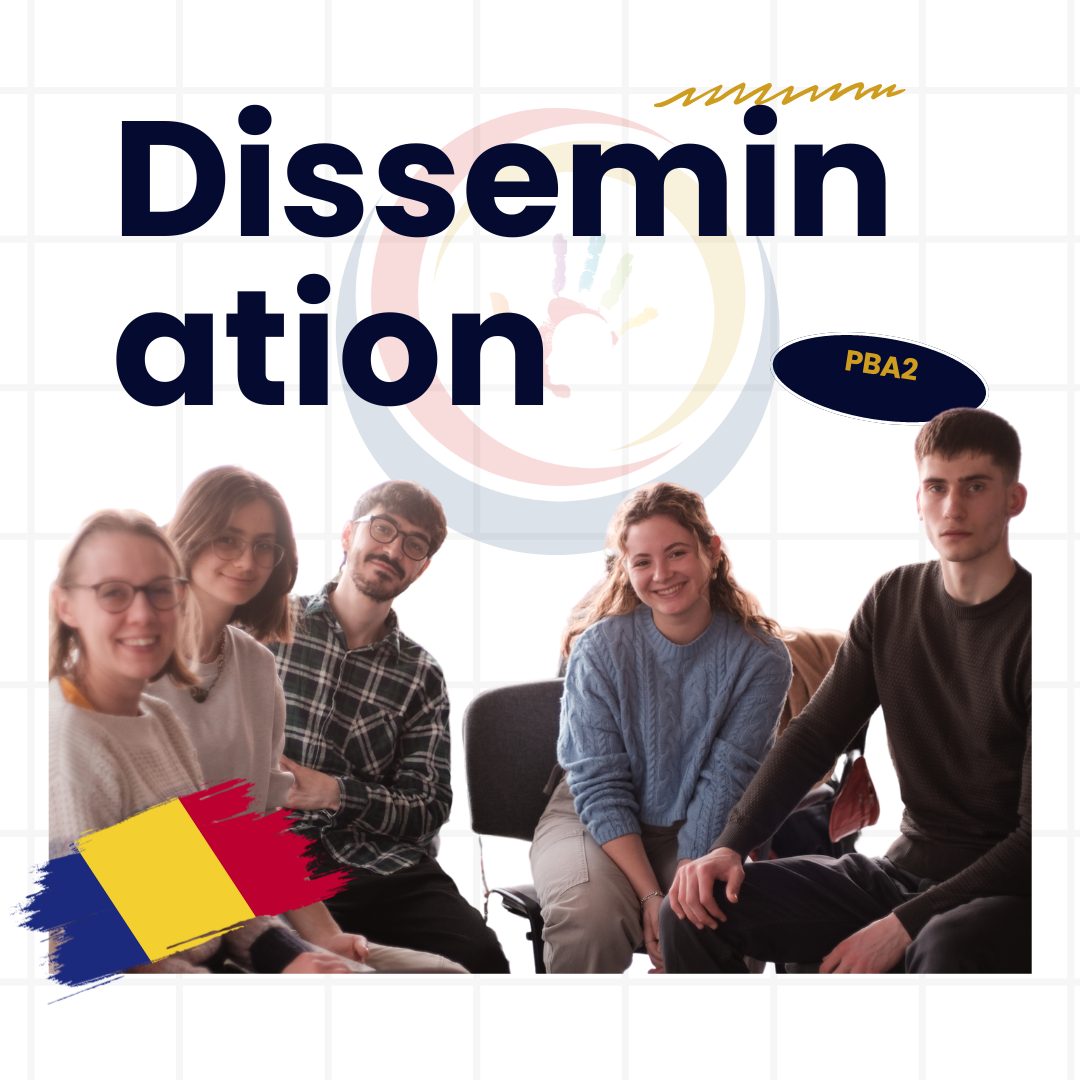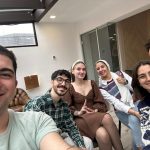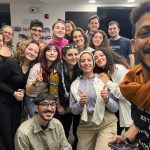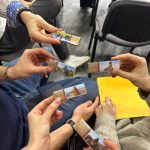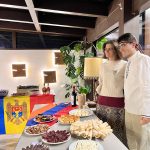Modern-day developing countries face various issues, and one of the key problems is urbanization and mass migration from villages to bigger cities. Armenia is not an exception, and TC “From Rural to Plural” is a great opportunity to learn international-tested practices of youth development and inclusion in underdeveloped communities. People, especially youth, living in those communities lack the education, media, or infrastructure standards that are normal for people living in big cities. Therefore, providing equal opportunities for youth and engaging them in community development should be on the priority list of any government. By promoting awareness and involvement in local-level decision-making processes, youth feel their voice is heard, and, in the future, they will be more prone to building sustainable communities where human rights are respected and reinforced accordingly. TCs like “From Rural to Plural” and other educational activities that aim to create local leaders should be developed, promoted, and implemented to reach an equal and inclusive environment in which youth can realize the hidden potential of changemaking.
A great advantage of the project was the networking and interchange of international youth development practices. Gathering motivated youth workers in one building gave birth to new ideas, friendships, and partnerships that will have an impact in the future. People who were part of the training course were in different stages of their career path, which gave them a valuable chance to learn not only from the course material but also from each other. There were young people freshly embarking on their youth work journeys, and participants having years of experience in the field; hence, we had the chance to explore international practices and various difficulties that youth workers can face overall.
Finally, a great advantage that the training gave was the development of intercultural knowledge. Participants had the opportunity to share what life is like back in their countries, raise awareness about political situations and economic hardships some countries face, and also try amazing food from each other’s cultures. For Armenians, it was a great discovery that one of the traditional Palestinian dances is called “Dapke,” which’s name and dance moves are quite similar to Armenian “Dapki”.
All in all, TC “From Rural to Plural” was a beautiful experience where knowledge and intercultural exchange marked the importance of international cooperation and rural youth development. We are thankful to FIOH for being a great support throughout the project and to ADA for creating such an amazing and unforgettable experience for each and every participant.
